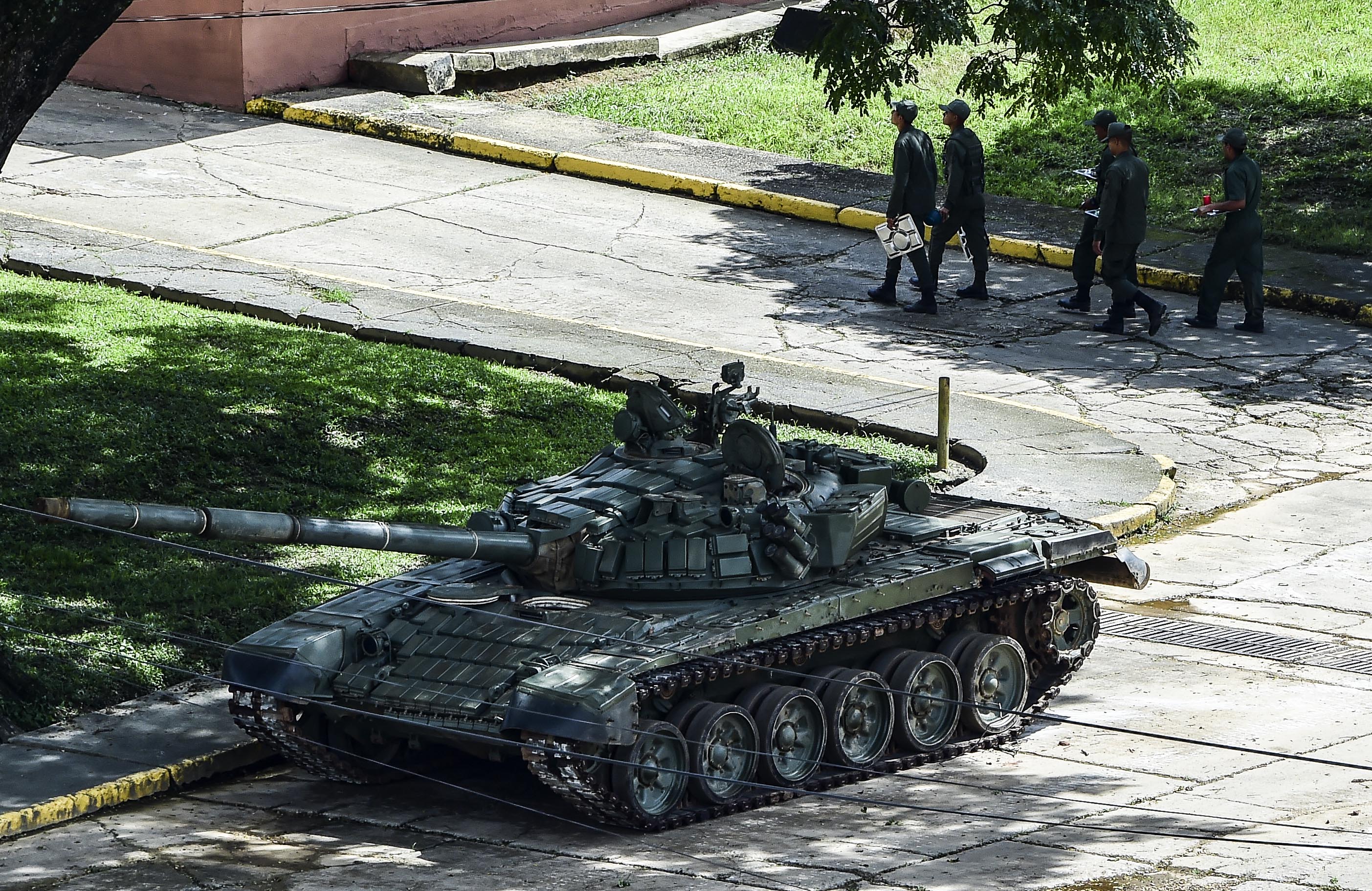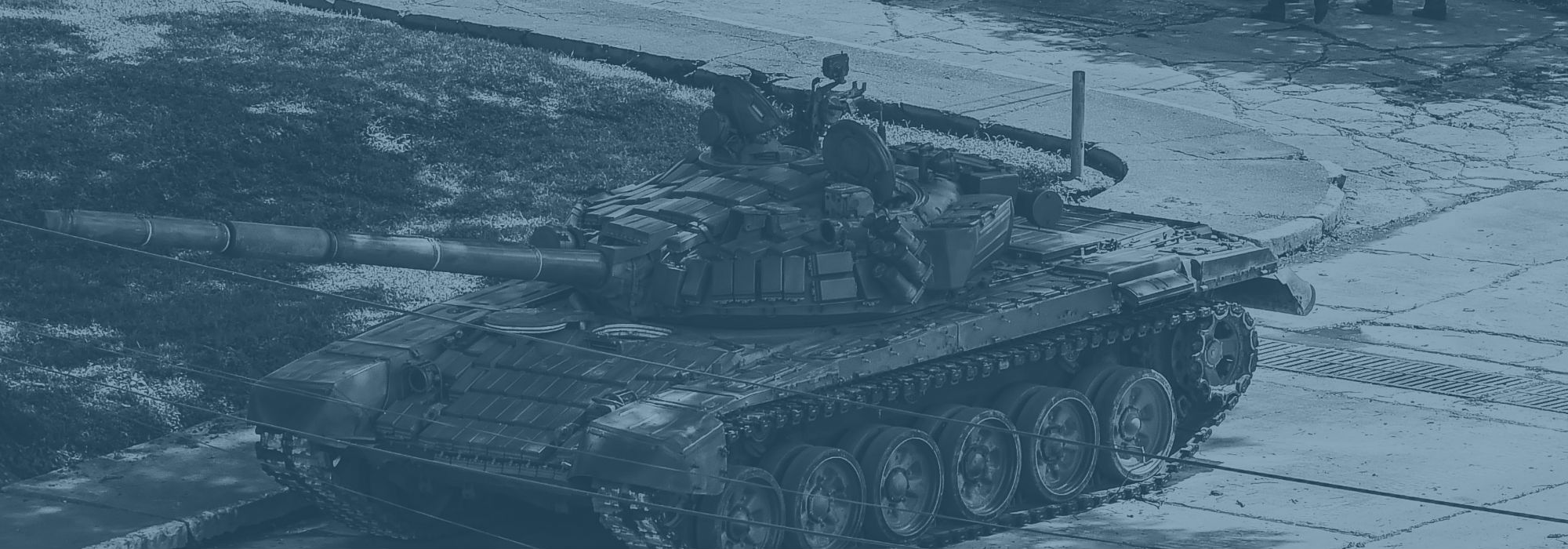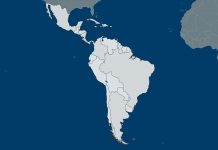By Allison Fedirka
The key to understanding the future course of the political turmoil in Venezuela is understanding the relationship between the military and the civilian population. Coordination between the two groups has occurred frequently throughout the country’s history, and it appears to be happening again. A military rebellion at the Fort Paramacay base on Aug. 6 and a gathering of opposition members at Andres Bello Catholic University on Aug. 7 suggest that a coordinated civil-military action against the government of Nicolas Maduro may be in the works.
The concept of civil-military actions broadly refers to attempts at improving relations between the military and civil society, particularly in countries where there have been military crackdowns on the population, military dictatorships or military coups. This coordination aims to build trust between the two groups.
In Venezuela, former President Hugo Chavez popularized this concept with his Bolivar Plan 2000, which promoted the idea that the military was part of the country’s development rather than a source of repression. But over time, civilians began to view the military’s involvement in civil life as an encroachment on the public sphere and believed that the military was facilitating government corruption. Chavez initially enjoyed widespread support from the military, but after the 2002 attempted coup, he lost confidence in the National Guard and brought in civilians to maintain control over the security apparatus, and the population as a whole.

Soldiers are seen at Fort Paramacay, headquarters of the National Bolivarian Armed Forces’ 41st Infantry Brigade, in Valencia, on Aug. 6, 2017. RONALDO SCHEMIDT/AFP/Getty Images
In today’s Venezuela, both the government and the opposition have used this concept of civil-military collaboration to promote their cause, but in different ways. The government has incorporated civilian militias into the armed forces and has supported informal civilian groups called colectivos, using them to instigate street violence in the name of maintaining order and suppressing opposition. The opposition, meanwhile, wants to recruit members of the military and encourage them to support its cause: holding the government accountable, defending the constitution and, if necessary, removing the government.
Joint civil and military action has historically been the most effective approach to overthrowing governments in Venezuela. While there have been a few attempts to topple a government with military action alone – twice in 1962 and once in 1992 – they ultimately failed. Those that incorporated both military and civilian actors, particularly politicians, have been more successful. This was the case for the 1848-49 March Revolution, the 1945 October Revolution, the 1948 coup and the 1992 coup (Chavez’s second attempt).
But these successful attempts to bring down governments also have another factor in common: They all occurred during times of severe social and economic strain. Poor economic conditions, rising government debt, a decrease in standards of living and an increase in violence – from both criminal and official security elements – have encouraged the public to take action against a government they see as failing them. If public dissatisfaction is strong enough, these movements will attract factions of the security forces.
Setting the Stage
It appears that the stage is now being set for the next major civil-military action in Venezuela. Over the past two months, several disgruntled members of the Venezuelan security forces have expressed their disapproval of the Maduro government. First Sgt. Giomar Alexander Flores Ortiz asked the armed forces to rebel against the president; inspector Oscar Perez dropped small explosives on select government buildings from a helicopter; and former Capt. Juan Carlos Caguaripano reportedly led the clash at Fort Paramacay. Additionally, retired Gen. Cliver Alcala Cordones publicly said he believes the armed forces will not support Maduro’s controversial constituent assembly.
Many of the members of the armed forces who oppose the government suffer from the same economic conditions as the civilian population. Lower-ranking officers do not benefit from illicit activities, political power and the associated privileges that many high-ranking officers profit from. They instead see themselves as associated with an institution whose reputation has been tarnished over the years due to scandal, corruption and failures in social programs. While those who profit from their membership in the military are likely to stay loyal to the government, those who don’t are more inclined to join the opposition. And there are some signs that these disgruntled military personnel have been co-opted by the opposition.
There have also been developments on the political front that indicate that the opposition to Maduro is spreading. There is a growing rift between Chavistas who support the government and those who reject it. The latter group includes retired military generals, former ministers, former supreme court judges, legislators, prosecutors general and political academics.
But there are also subtle signs of cooperation between Venezuela’s opposition coalition MUD and the dissident Chavistas. Prominent dissident Chavistas attended the opposition gathering at Andres Bello Catholic University with opposition leader Henrique Capriles. Capriles adopted a suggestive tone at the event, implying that opposition forces needed to join forces and confront the Maduro government. He asserted that the main issue was no longer forcing elections but saving Venezuela, referring to it as the motherland of Bolivar, which was a gesture to the dissident Chavistas.
A Shift on the Horizon
This all appears to be making the government increasingly nervous, and it has been implementing measures to prevent any attempts to overthrow Maduro. National intelligence agency Sebin has significantly increased its activities, particularly in Caracas and Valencia. There has been a rise in the number of raids on the homes of opposition members by government security forces; these raids have extended from MUD to dissident Chavistas. There have also been extensive searches for stolen or illegal arms.
Any attempts to unseat the government will also face the remaining factions of the military that did not support the opposition. A significant portion of the military is loyal to Diosdado Cabello, a member of the constituent assembly who may become an internal challenger to Maduro.
All these signs point toward a potential civil-military operation in the future, though the timing is unclear. As for what could happen after an overthrow of the government, the opposition has no cohesive plan for governance. But it will likely reform social welfare programs to control government spending, and there are signs that MUD will try to implement major economic reforms similar to those imposed by Brazilian President Fernando Henrique Cardoso and Chilean President Ricardo Lagos. Whatever the case, a significant shift appears on the horizon.







 The Geopolitics of the American President
The Geopolitics of the American President